A glorious French rediscovery from CSO and a veteran musician’s adieu
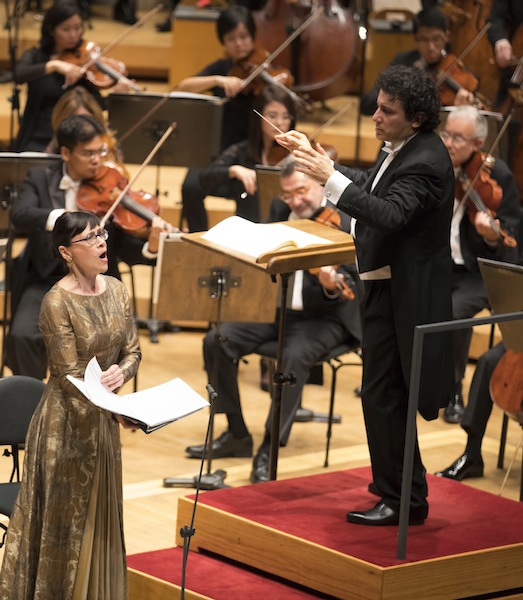
Alain Altinoglu made an impressive return to the Chicago Symphony Orchestra Thursday night in a program spotlighting a pair of French choral works. Yet the conductor’s appearance at times threatened to be sidelined by other orchestra-related developments.
Just hours before the evening’s performance, the CSO announced that this would be the final week of concerts for Charles Pikler. Though the principal violist’s retirement isn’t official until December 31, with an earlier “planned leave of absence” (according to the CSO’s press release), his departure is effective next week.
Appointed to the violin section by Georg Solti in 1978, Pikler auditioned for and won the principal violist chair in 1986. In a ceremony after intermission, Pikler was presented with the Theodore Thomas Medallion for Distinguished Service by the CSO’s president and CEO Jeff Alexander. The voluble violist reminisced at length–to the bemusement of some colleagues–about his years with the orchestra, his past solo appearances, and favorite conductors he had worked with over his 39 seasons.
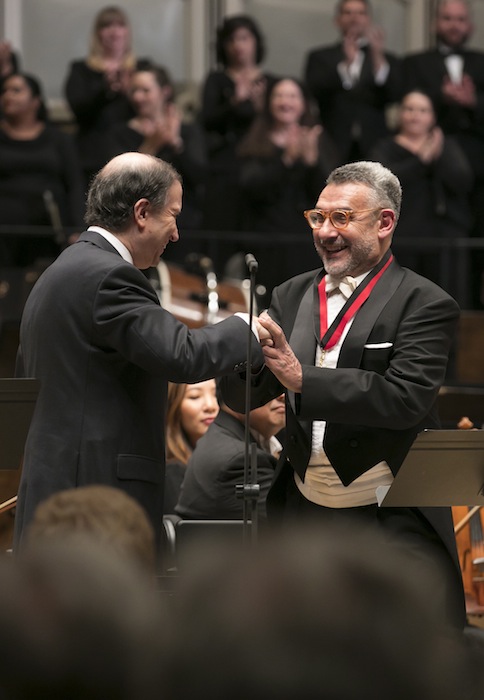
Thursday night also marked the first season appearance of the Chicago Symphony Chorus, which is marking its 60th anniversary this season. It was in 1957 that then music director Fritz Reiner asked Margaret Hillis to form a new chorus for the Chicago Symphony.
One could hardly imagine a more fitting way to honor the chorus’s distinguished tradition of excellence than Thursday’s sterling performances of two varied works of French Roman Catholicism composed a century apart. More somberly, the timing seemed sadly serendipitous, with spiritual music to provide a degree of consolatory balm following the tragic events in Las Vegas earlier this week.
The main work on the program was Charles Gounod’s Messe solennelle en l’honneur de Sainte-Cecile—heard, amazingly, in its first CSO performance.
Gounod is, of course, best known for his operas, Faust and Romeo et Juliette. Yet nearly all of his non-stage works have fallen into obscurity, in many cases unfairly; his superb string quartets certainly merit a fresh look.
No Gounod work is more deserving of revival that his Santa Cecilia Mass, which earned the composer his first success in 1855, paving the way for his operas to follow.
Gounod’s mass is a terrific work, skillfully varied throughout between the three soloists, large chorus and orchestra. The score is wholly characteristic in its bold textures, rich chromatic lyricism and unapologetic, big-boned orchestration. The 45-minute canvas abounds in memorable moments, with the radiant melody of the Invocation/Offertoire as indelible as anything in Faust. The final section is less inspired, with Gounod paying half-hearted obeisance to the Second Empire with a concluding Prayer of the Army and Prayer of the Nation. But the preceding music is so attractive and well-crafted that one can forgive the composer his necessary political dues-paying of the moment.
The budget-minded CSO cheaped out on the six harps the score calls for–admittedly, a bit of period Gallic overkill–and Chicago audiences have to settle for the usual pair. But otherwise, one can hardly imagine finer advocacy than the glorious performance served up by Altinoglu and the CSO forces Thursday night.
Scrupulously prepared by chorus master Duain Wolfe, the CSO Chorus was magnificent, putting across the heaven-storming sections of the Credo as surely as the hushed solace of the Et Incarnatus est. The exultant joy of Et Resurrexit was thrilling and almost overwhelming in sonic impact of the massed singers and large orchestra.
The soloists performed their assignments with comparable distinction. One would have liked a bit more projection at times from Sandrine Piau but the French soprano sang expressively and is clearly at home in this repertoire. Michael Schade’s sweet, plangent tone made the most of the tenor’s solo moments in the sun. Andrew Foster-Williams has less to do but his dark and firmly placed bass-baritone nicely rounded out the trio.
Piau was also heard in Francis Poulenc’s Gloria on the first half. The French composer returned to his childhood Catholic faith after being shaken by the horrific death of a close friend in a car accident in 1936. Previously a purveyor of light, satiric pieces, Poulenc’s subsequent music gained a new seriousness and spiritual depth, culminating in his opera The Dialogues of the Carmelites in 1956.
Written for the Boston Symphony Orchestra in 1960, Poulenc’s Gloria is one of his finest efforts, freely mixing a cheerful spirituality with the boulevardier esprit of his 1920’s style to delightful effect.
Here too, the French conductor proved an ideal interpreter of his compatriot’s music, strongly contrasting the jaunty charm of the Laudamus Te with the more inward moments. Piau sang with refined feeling but, here too, one often wanted more purity of tone and focus, with her slender voice fading away in the lower register. No complaints about the versatile CSO chorus, which was light and nimble or monastic and sonorous as required.
The evening led off in lighter fashion with the Suite from The Love for Three Oranges.
Prokofiev’s absurdist opera, which had its world premiere in Chicago in 1921, quickly vanished from the world’s stages, with only the truculent, off-center March finding favor as a pops-concert staple. The six-movement Suite the composer cobbled together is undeniably effective, cast in Prokofiev’s second-shelf vein–flashy brilliance, snappily scored and rather soulless.
Still, while the music may not be essential Prokofiev, no one could cavil about the performance, with Altinoglu and the orchestra putting across Prokofiev’s suite with whipcrack vehemence and fizzing virtuosity.
The program will be repeated 1:30 p.m. Friday and 8 p.m. Saturday. cso.org; 312-294-3000.
Posted in Performances

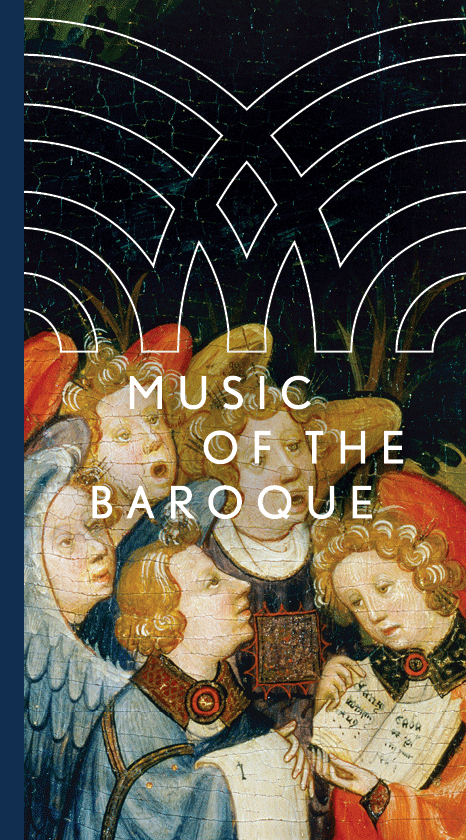
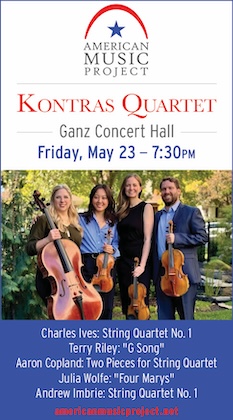
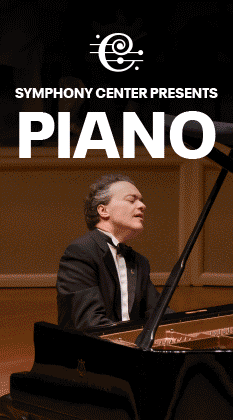
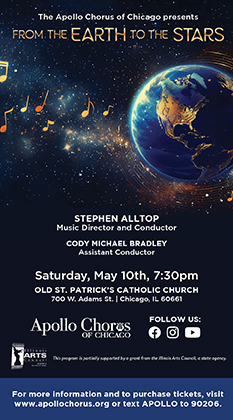

Posted Oct 10, 2017 at 1:14 am by Peter DG
This was one of the more spectacular CSO concerts. But where was the audience? The center section of the main balcony was full but the rest of it was half empty. Sad!
Posted Oct 10, 2017 at 1:28 pm by Tod Verklärung
This conductor represents one of the few on this year’s schedule who is not a member of AARP.
So, a few questions: 1. Does the CSO intend to invite an annual and wider selection of younger conductors, including women other than Susanna Mälkki? 2. The orchestra’s website doesn’t list that Dohnanyi has also cancelled. We’ve already lost the recently deceased Belohlavek, to be replaced by Neeme Jarvi, a man even older. More such cancellations may come given the dotage of the roster. 3. Is Mr. Muti going to be ours past his current 2020 contract end date? One might expect the orchestra to be looking at some younger hands, unless they’ve already determined the winner of the Muti succession, whenever it happens.